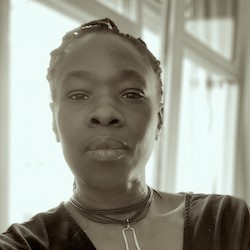Our perception of the Middle Ages often skews towards a darkened era of European history wedged between the collapse of the Roman Empire, and the Renaissance. A more rounded, global perspective, reveals that in fact while this was true for the European continent, elsewhere in Asia, Mesoamerica, and Africa, civilisations were rising, expanding, and flourishing. It is an uneven snapshot at best, since at the time there was no global perspective— cultures and civilisations were caught up in their own internal bandwidths. It was a globe stitched together from regional patchworks.
It is from this vantage point that Chris Luebkeman, leader of ETH Strategic Forecast Hub, and his two guest speakers, Parag Khanna and Myriam Dunn Cavelty, springboard into their conversation. In the space of an hour, the trio encircle global acceleration, regional fracturing, physical and cyber geographies, migration, the impact of technology on the State, the dissembling and reassembling of national borders…
Khanna, an author and global strategist, studies geopolitics and human migratory patterns. Dunn, a political scientist, is a Senior Lecturer at the Center for Security Studies at ETH Zurich. Her work covers the spectrum of cyber-security, critical infrastructure, and the politics of risk.
Here are some takeaways form their conversation:




